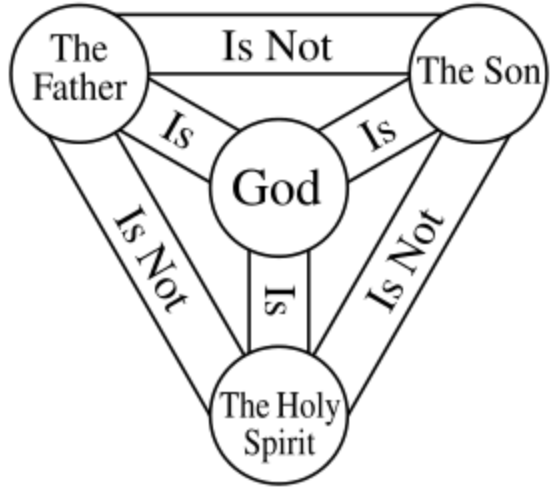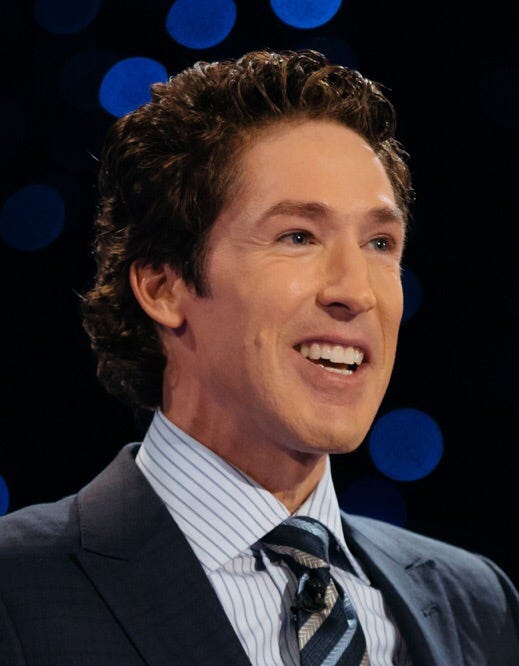A Rational Examination of the Divine: Debunking God’s Attributes
Written on
Chapter 1: The Self-Smiting Nature of God
It’s fascinating to reflect on how ancient beliefs, once held as sacred, have transformed over time. Take the Greek deities, for instance; their significance faded as scientific understanding revealed our sun merely to be a star. No longer do we envision Helios driving a fiery chariot across the sky, as we now comprehend that the earth rotates, giving us the illusion of the sun's movement. The sun is not being dragged; rather, we are the ones in motion.
As science advances, our perception of heaven will likely shift too. What we once viewed as a divine realm in the clouds is now understood as simply part of our atmosphere, a thin layer essential for life. Today, we recognize an expansive universe filled with galaxies—our Milky Way being only one among countless others. According to estimates from nineplanets.org, there are about 2 trillion galaxies in the observable universe, each unique in size and composition.
To put this in perspective, the smallest galaxies are around 10,000 light-years wide. A light-year—the distance light travels in one year—highlights the vastness of our universe. Yet, despite these immense distances, there’s no evidence of heaven as traditionally conceived; we find only celestial bodies like stars, planets, and asteroids.
It seems likely that future societies will view the concept of heaven, along with the notion of God, as mythological constructs, especially when approached with a scientific mindset. With this context in mind, let’s explore how we can critically challenge the notion of an Almighty God through the lens of logic and reason.
Exploring the comedic take on divine retribution in "Smite Me, Almighty Smiter!"
Section 1.1: The Conundrum of the Trinity
One of the first logical inconsistencies we encounter is the concept of the Trinity. In mathematics, the transitive property states that if A = B and B = C, then A must equal C. In simpler terms, if two entities share a common identity, they should be interchangeable. Yet, in the Trinity, we see three entities that claim to be the same God but do not equate to one another.
The only way to reconcile this apparent contradiction would be to suggest that God can transform into one of the three entities as needed. However, this contradicts the idea of God’s immutability—meaning God does not change. Therefore, asserting that the Father, Son, and Holy Spirit are all the same unchanging God while simultaneously not being equivalent is fundamentally flawed.

Section 1.2: Gödel's Challenge to Omniscience
Moving on, we can challenge the attribute of omniscience using Gödel’s Incompleteness Theorem. Gödel’s first theorem suggests that in any sufficiently complex axiomatic system, there are true statements that cannot be proven within that system. This implies that an all-knowing entity cannot exist, as there will always be truths that remain beyond its comprehension.
Gödel’s work also undermines attempts to systematize all of mathematics, proving that no single system can encapsulate all truths. Hence, the claim of God being omniscient is called into question.
A humorous exploration of divine power dynamics in "Bruce Almighty: Smite Me, Almighty Smiter."
Chapter 2: The Paradox of Omnipotence
The discussion of God’s existence leads us to the concept of omnipotence. If we assert that God is all-powerful, we must then consider the nature of this power. Is it infinite? If so, we encounter a problem: there’s no definitive "largest" infinity. Just as there is no largest prime number, there is no ultimate power.
Thus, claiming God possesses the highest degree of power becomes contradictory. The idea that such an ultimate being can exist falters under scrutiny, leading us to conclude that the existence of God, as traditionally defined, is implausible.
In summary, the efforts to define God using superlatives have ultimately failed to establish a coherent supernatural entity. While many may still preach the fear of divine punishment, a rational examination reveals these notions to be unfounded. The concepts of hell and divine entities are more akin to societal constructs aimed at maintaining control and authority.

In closing, figures like Joel Osteen exemplify the intersection of faith and commerce, profiting from these unfounded beliefs. Rather than supporting such institutions, one might seek knowledge grounded in scientific understanding for a more accurate perspective on existence.